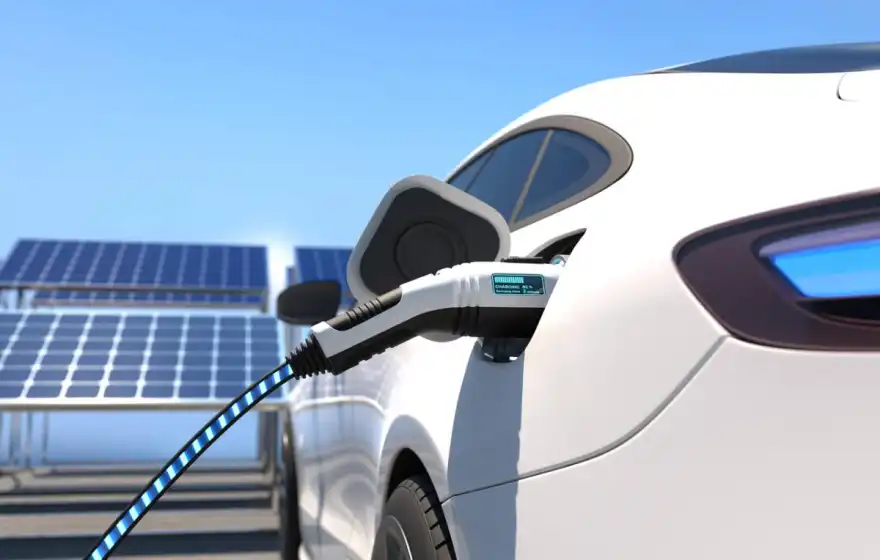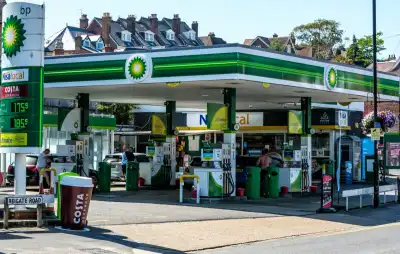
A £1bn government scheme aimed at expanding ultra-fast EV charging has failed to deliver a single charger nearly five years after its launch.
The £950m Rapid Charging Fund was announced to accelerate the rollout of superfast chargers on UK motorways, with an initial target of installing at least six at every motorway service station by the end of 2023. However, by mid-2024, only 62% of locations had met this goal.
Now, The Telegraph reports that none of the funding has been spent, and no chargers have been built under the scheme. The delay is due to ongoing reviews and consultations, leaving the fund in limbo.
Bureaucratic delays
Since its 2020 announcement, the fund has faced multiple setbacks. A proposed £70m trial across 10 sites was stalled after concerns from the Competition and Markets Authority over market fairness. The pilot was eventually confirmed in 2023 but was then subjected to further consultation.
Since the election, there have been no updates on the fund, despite Labour’s commitment to fast-track the release of funding. Roadchef, a motorway service operator, told MPs that applying for grants was overly complex and burdened by restrictive conditions.
Charge point operators now argue that bureaucracy and slow grid upgrades—not a lack of money—are the main reasons for the UK’s sluggish EV charger rollout.
Charging gaps
A report from the National Audit Office highlights a major imbalance in public charging infrastructure: 44% of charge points are in London and the South East, while rural areas have just 15%.
These ‘charging deserts’ were meant to be addressed by the fund, but the delays risk discouraging drivers from switching to EVs.
DfT permanent secretary Jo Shanmugalingam has since told MPs that changes in grid infrastructure mean the original design of the fund is now obsolete. "The landscape has shifted, so the initial plan is unlikely to work as intended," he said.



